Islamic Calendar 2025: Ramadan Begins on April 2
Related Articles: Islamic Calendar 2025: Ramadan Begins on April 2
- Printable Liturgical Calendar 2025: A Comprehensive Guide To The Christian Year
- TN Calendar 2025: A Comprehensive Overview
- Wheel Of Fortune 2025 Calendar Amazon: Your Guide To A Serendipitous Year
- Zimbabwe 2025 Calendar: A Comprehensive Overview
- Editable July 2025 Calendar: A Comprehensive Guide
Introduction
In this auspicious occasion, we are delighted to delve into the intriguing topic related to Islamic Calendar 2025: Ramadan Begins on April 2. Let’s weave interesting information and offer fresh perspectives to the readers.
Table of Content
Video about Islamic Calendar 2025: Ramadan Begins on April 2
Islamic Calendar 2025: Ramadan Begins on April 2
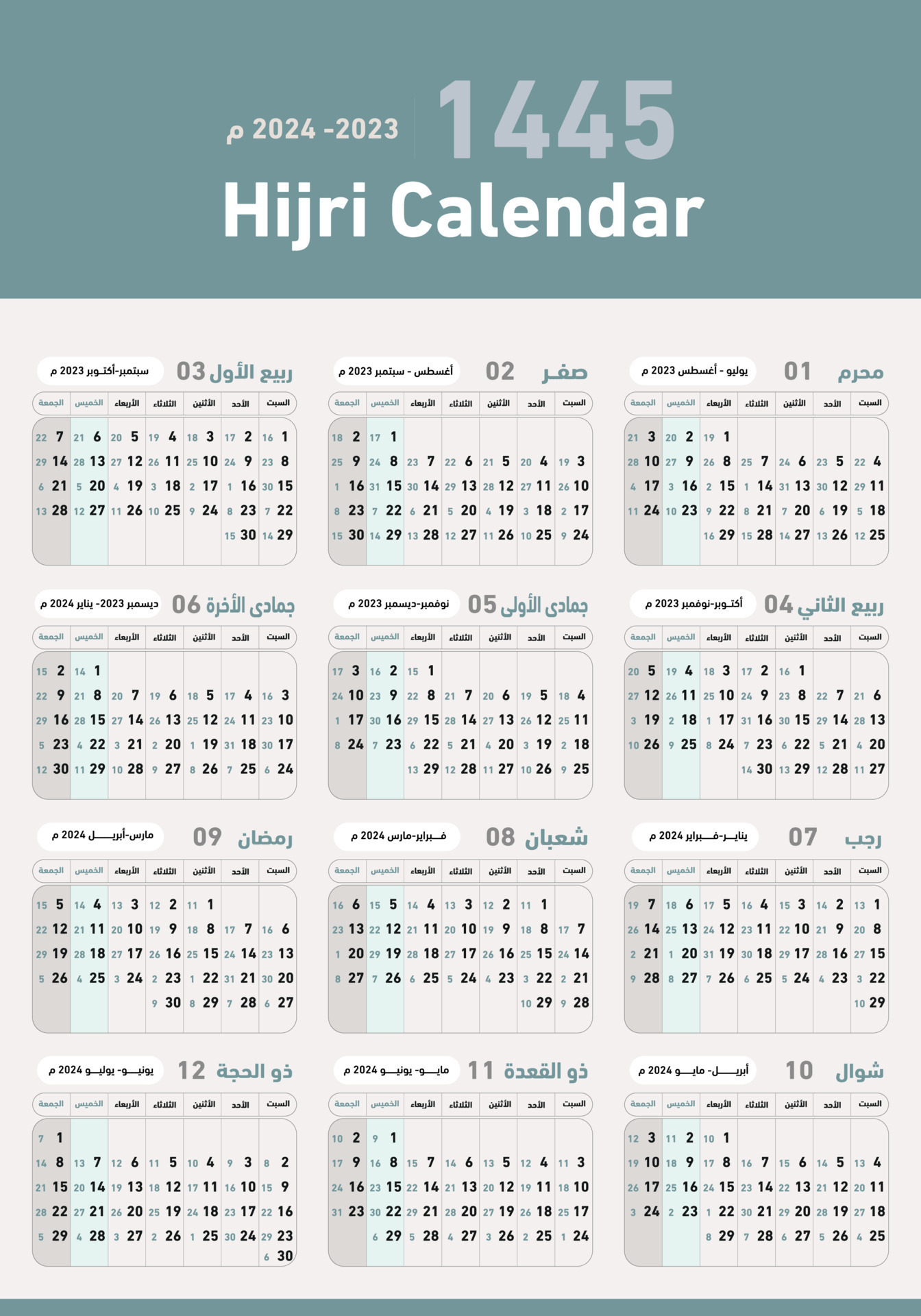
The Islamic calendar is a lunar calendar, meaning that it is based on the cycles of the moon. The year is divided into 12 months, with each month beginning on the day of the new moon. Ramadan, the ninth month of the Islamic calendar, is a time of fasting, prayer, and reflection for Muslims around the world.
In 2025, Ramadan is expected to begin on April 2nd and end on May 1st. The exact dates of Ramadan vary slightly from year to year, as the Islamic calendar is based on the lunar cycle.
During Ramadan, Muslims are expected to fast from sunrise to sunset. They are also expected to abstain from other activities that are considered to be sinful, such as smoking, drinking alcohol, and gambling. Ramadan is a time for Muslims to focus on their spiritual growth and to seek forgiveness for their sins.
The end of Ramadan is celebrated with the festival of Eid al-Fitr. Eid al-Fitr is a time for Muslims to come together and celebrate the end of the fast. It is also a time to reflect on the lessons that they have learned during Ramadan.
The Significance of Ramadan
Ramadan is one of the most important months in the Islamic calendar. It is a time for Muslims to reflect on their faith and to seek forgiveness for their sins. Ramadan is also a time for Muslims to come together and celebrate their community.
The fasting during Ramadan is a reminder of the importance of self-discipline and sacrifice. It is also a reminder of the suffering that many people around the world experience. The prayers and reflections during Ramadan help Muslims to connect with God and to grow spiritually.
The festival of Eid al-Fitr is a time for Muslims to celebrate the end of the fast and to reflect on the lessons that they have learned during Ramadan. It is also a time to come together and share food and gifts with family and friends.
How to Observe Ramadan
There are many ways to observe Ramadan. Some Muslims choose to fast for the entire month, while others may only fast for a few days. Muslims are also encouraged to pray more during Ramadan, and to read the Quran.
There are many resources available to help Muslims observe Ramadan. There are books and websites that provide information on the history and traditions of Ramadan. There are also many mosques and community centers that offer programs and support during Ramadan.
The Benefits of Ramadan
There are many benefits to observing Ramadan. Fasting can help to improve your health, both physically and mentally. It can also help you to develop self-discipline and self-control. Prayer and reflection during Ramadan can help you to connect with God and to grow spiritually.
Celebrating Eid al-Fitr with family and friends can help you to strengthen your community ties. It can also be a time to reflect on the lessons that you have learned during Ramadan.
Conclusion
Ramadan is a special time for Muslims around the world. It is a time for fasting, prayer, and reflection. It is also a time for Muslims to come together and celebrate their community. If you are not Muslim, I encourage you to learn more about Ramadan and its significance.
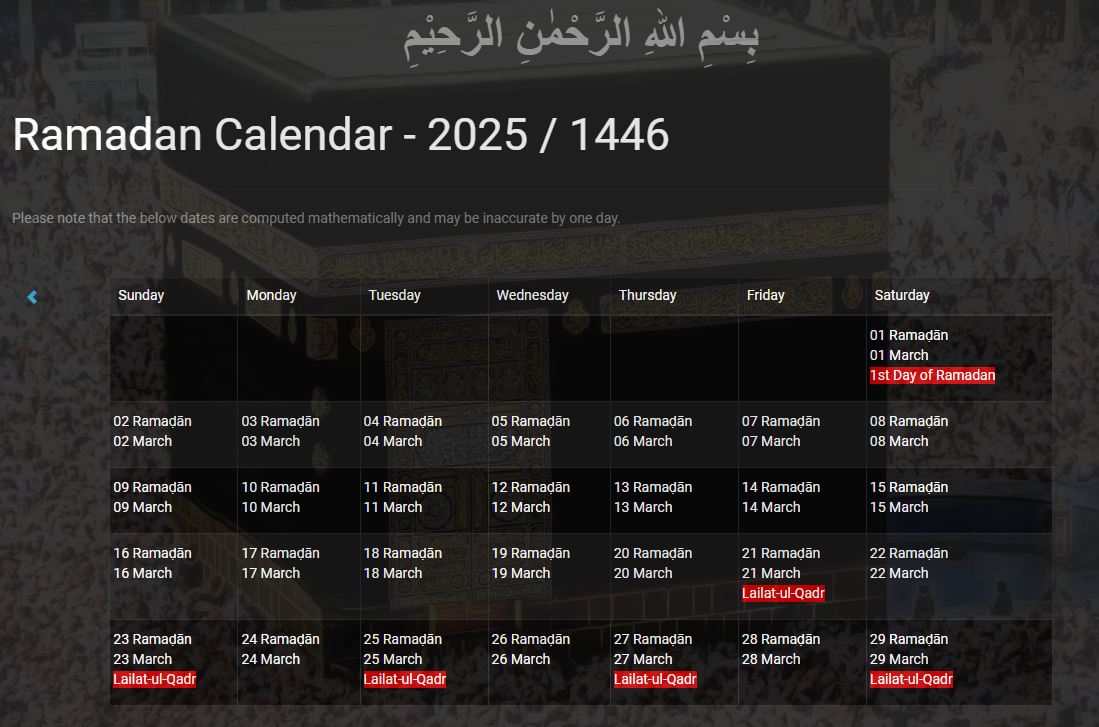
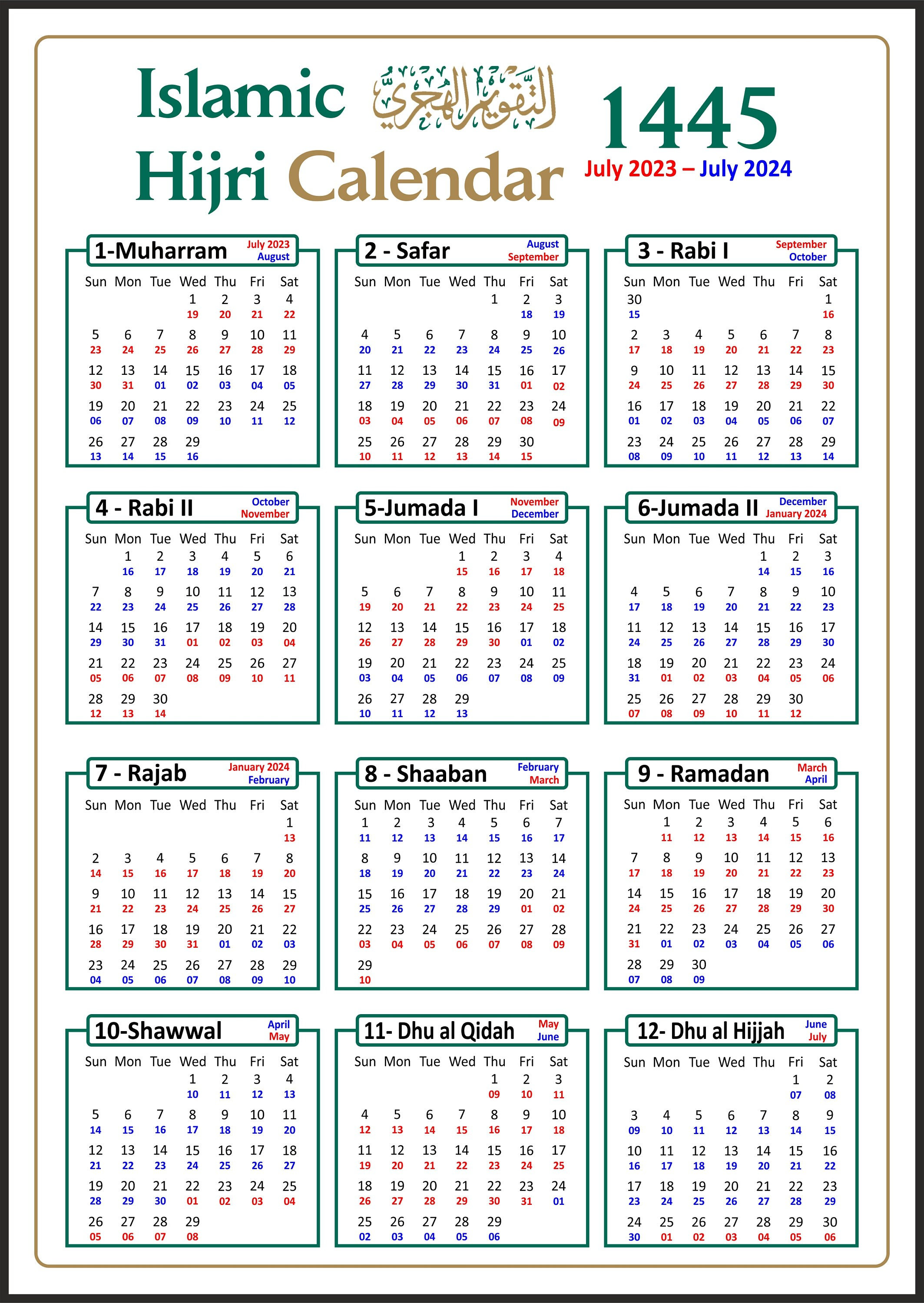
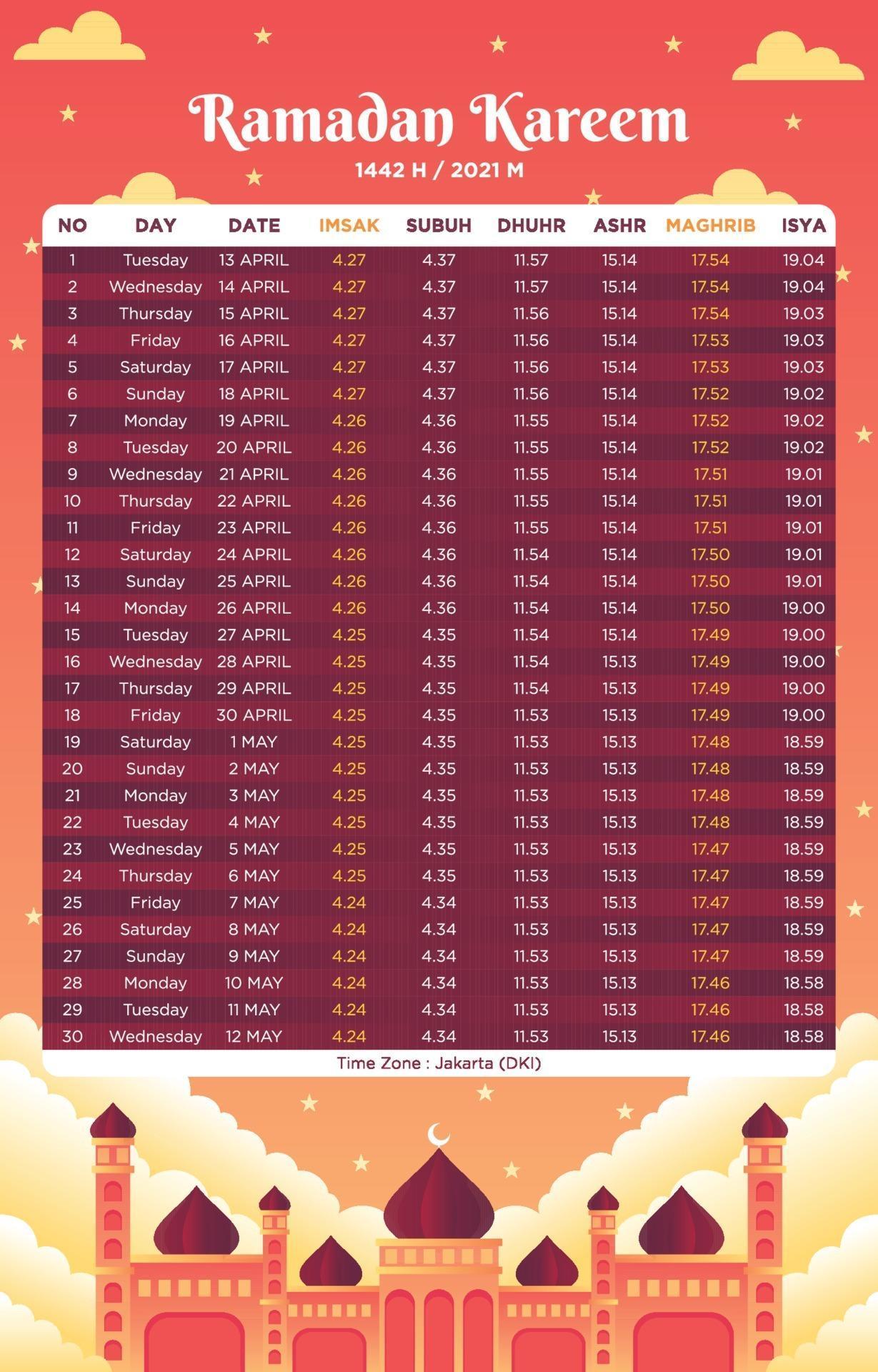

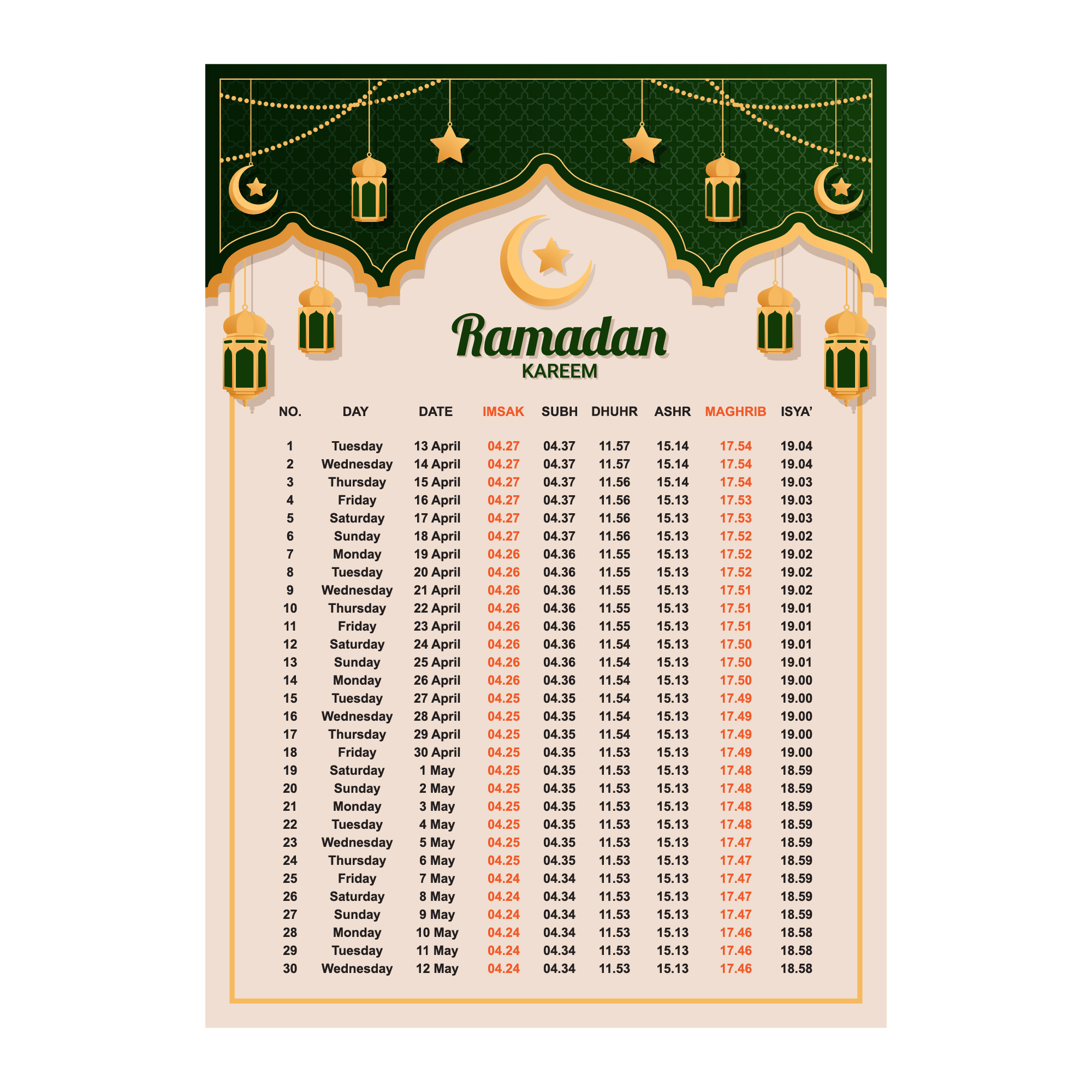

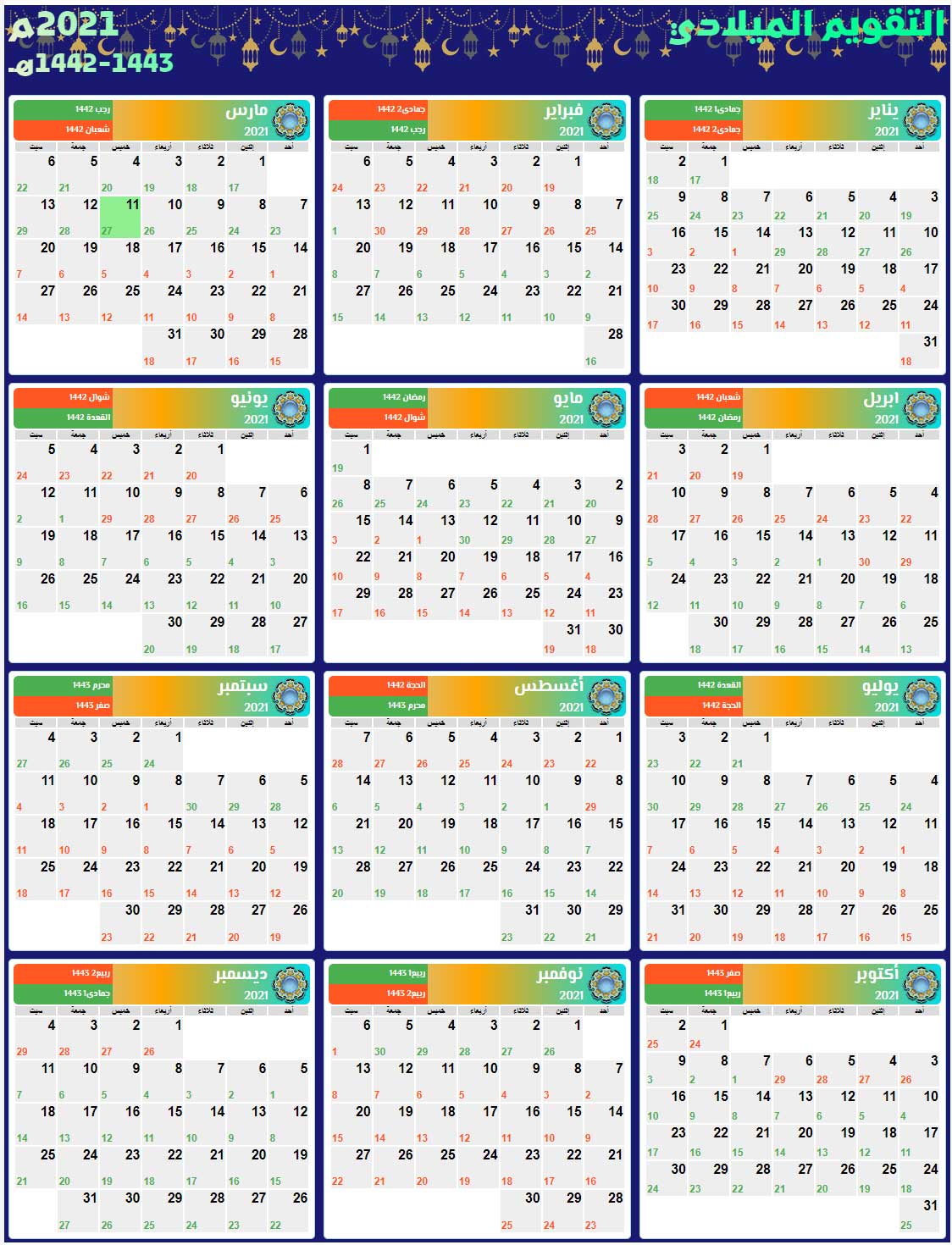

Closure
Thus, we hope this article has provided valuable insights into Islamic Calendar 2025: Ramadan Begins on April 2. We thank you for taking the time to read this article. See you in our next article!